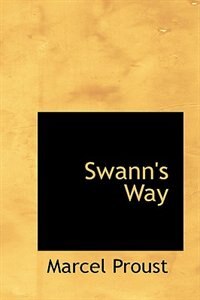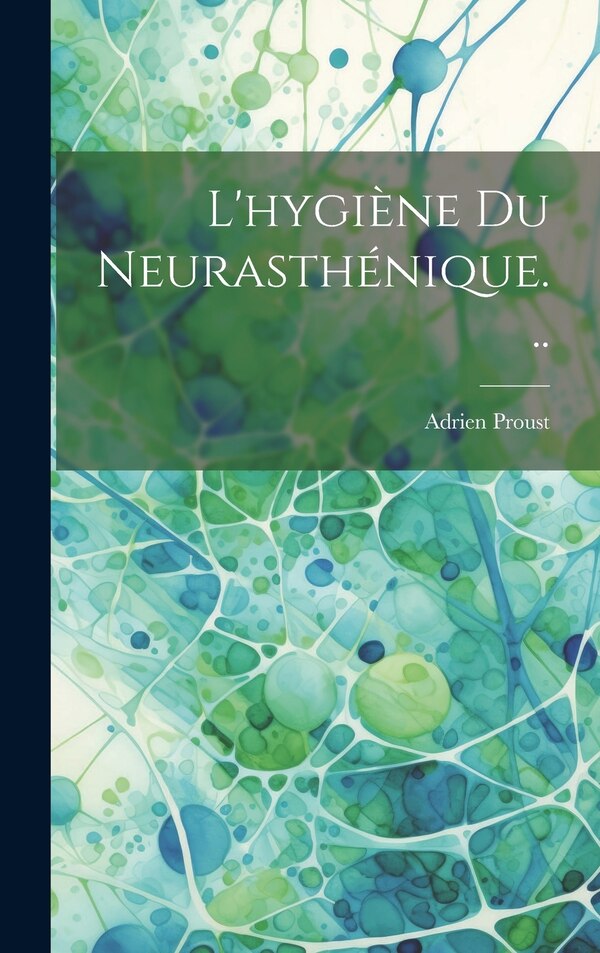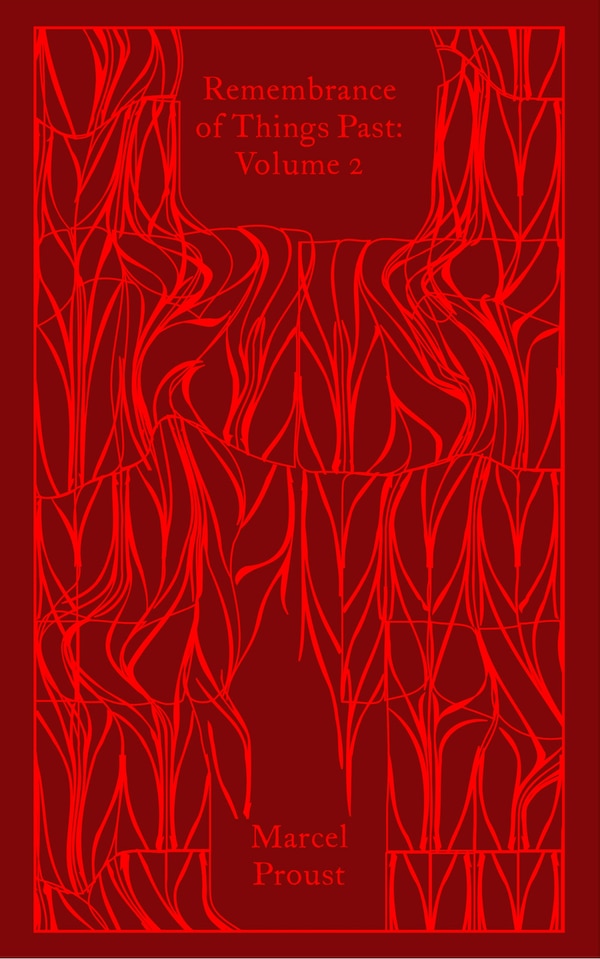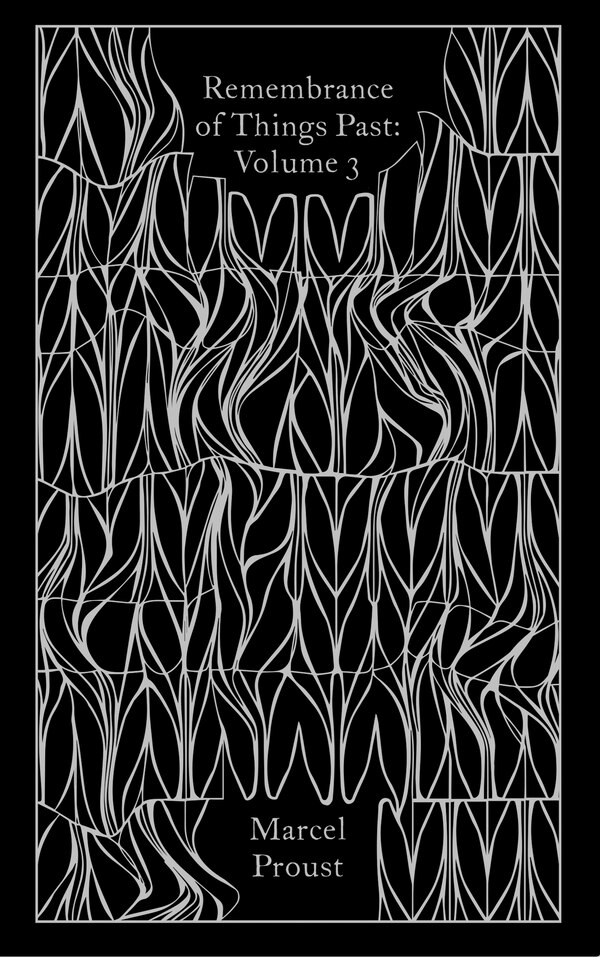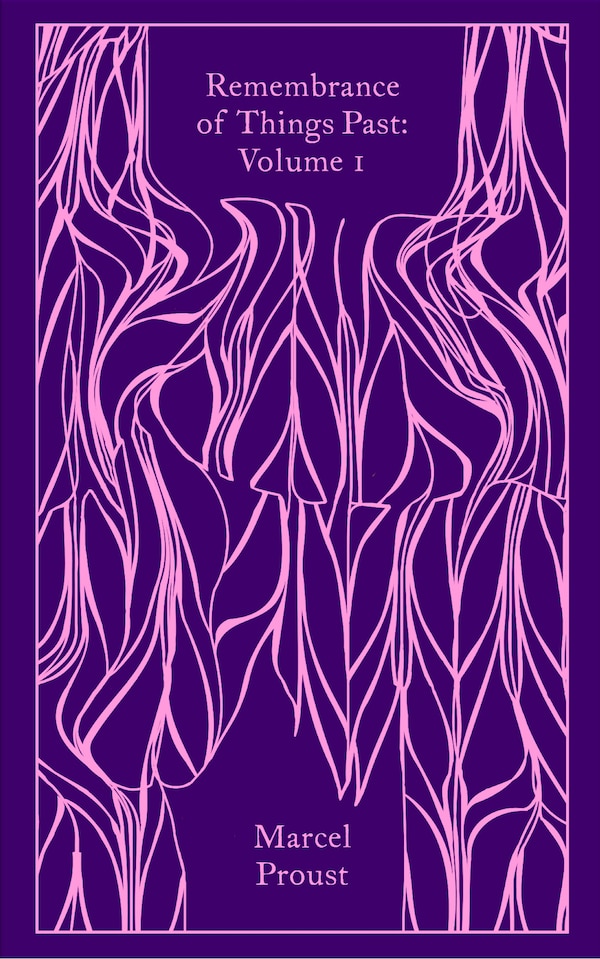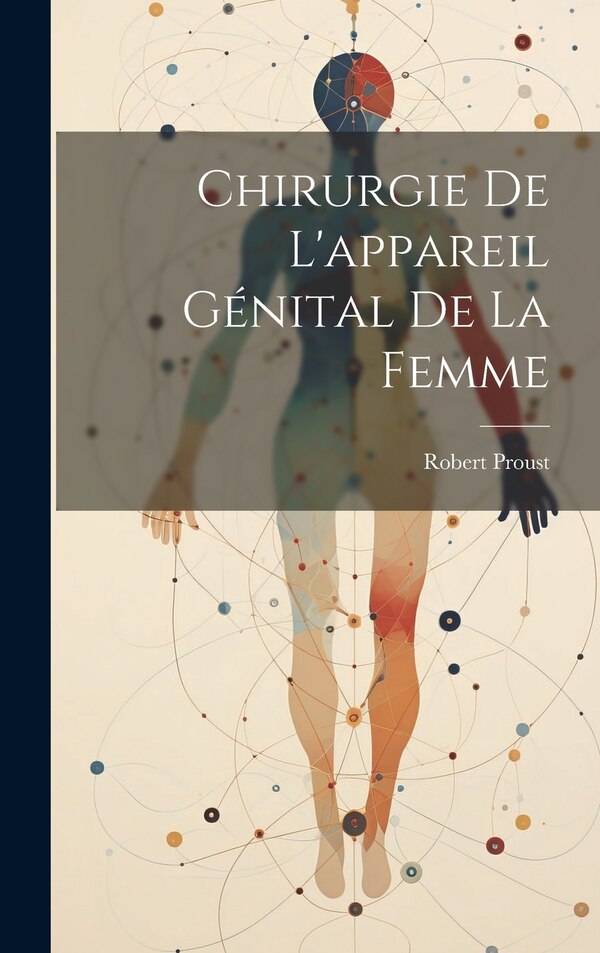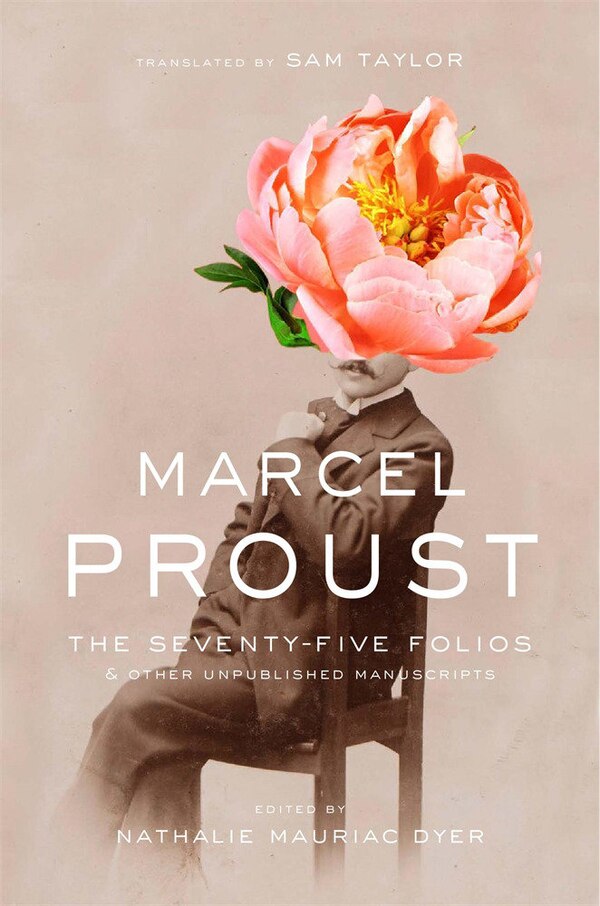
Choice Made Simple!
Too many options?Click below to purchase an online gift card that can be used at participating retailers in Village Green Shopping Centre and continue your shopping IN CENTRE!Purchase HereHome
The Philosophy of Metacognition by Joelle Proust, Hardcover | Indigo Chapters
Coles
Loading Inventory...
The Philosophy of Metacognition by Joelle Proust, Hardcover | Indigo Chapters in Vernon, BC
From Joelle Proust
Current price: $157.78
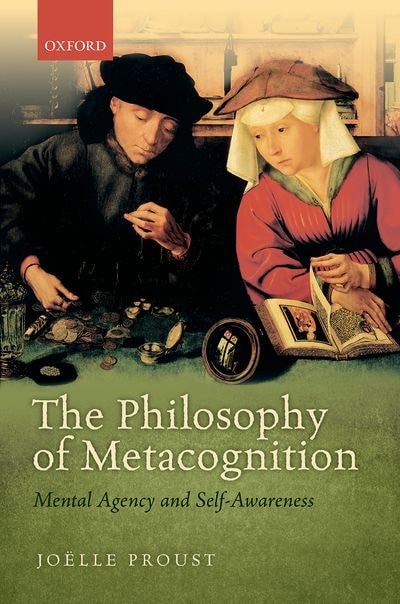
Coles
The Philosophy of Metacognition by Joelle Proust, Hardcover | Indigo Chapters in Vernon, BC
From Joelle Proust
Current price: $157.78
Loading Inventory...
Size: 25.4 x 234 x 734
*Product information may vary - to confirm product availability, pricing, shipping and return information please contact Coles
Does metacognition, i. e. the capacity to form epistemic self-evaluations about one's current cognitive performance, derive from a mindreading capacity, or does it rely, at least in part, on sui generis informational processes? In The Philosophy of Metacognition Joelle Proust provides apowerful defense of the second position. Drawing on discussions of empirical evidence from comparative, developmental, and experimental psychology, as well as from neuroscience, and on conceptual analyses, she purports to show that, in contrast with analytic metacognition, procedural metacognitiondoes not need to involve metarepresentations. Procedural metacognition seems to be available to some non-humans (some primates and rodents).Proust further claims that metacognition is essentially related to mental agency, i. e. cognitive control and monitoring. Self-probing is equivalent to a self-addressed question about the feasibility of a mental action (Am I able to remember this word?). Post-evaluating is a way of askingoneself whether a given mental action has been successfully completed (Is this word the one I was looking for?). Neither question need be articulated conceptually for a feeling of knowing or of being right to be generated, or to drive epistemic control. Various issues raised by the contrast of aprocedural, experience-based metacognition, with an analytic, concept-based metacognition are explored, such as whether each is expressed in a different representational format, their sensitivity to different epistemic norms, and the existence of a variety of types of epistemic acceptance. | The Philosophy of Metacognition by Joelle Proust, Hardcover | Indigo Chapters
Does metacognition, i. e. the capacity to form epistemic self-evaluations about one's current cognitive performance, derive from a mindreading capacity, or does it rely, at least in part, on sui generis informational processes? In The Philosophy of Metacognition Joelle Proust provides apowerful defense of the second position. Drawing on discussions of empirical evidence from comparative, developmental, and experimental psychology, as well as from neuroscience, and on conceptual analyses, she purports to show that, in contrast with analytic metacognition, procedural metacognitiondoes not need to involve metarepresentations. Procedural metacognition seems to be available to some non-humans (some primates and rodents).Proust further claims that metacognition is essentially related to mental agency, i. e. cognitive control and monitoring. Self-probing is equivalent to a self-addressed question about the feasibility of a mental action (Am I able to remember this word?). Post-evaluating is a way of askingoneself whether a given mental action has been successfully completed (Is this word the one I was looking for?). Neither question need be articulated conceptually for a feeling of knowing or of being right to be generated, or to drive epistemic control. Various issues raised by the contrast of aprocedural, experience-based metacognition, with an analytic, concept-based metacognition are explored, such as whether each is expressed in a different representational format, their sensitivity to different epistemic norms, and the existence of a variety of types of epistemic acceptance. | The Philosophy of Metacognition by Joelle Proust, Hardcover | Indigo Chapters

